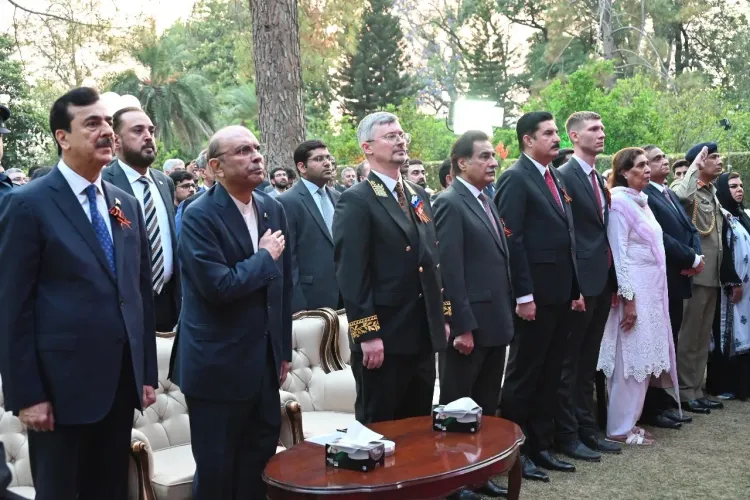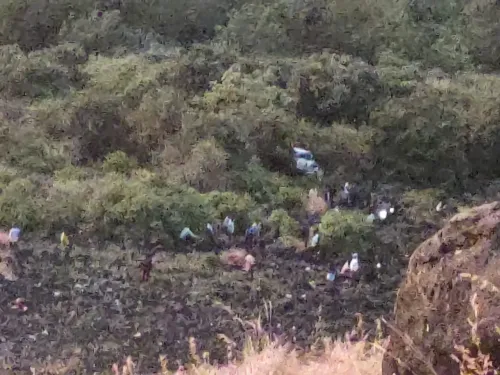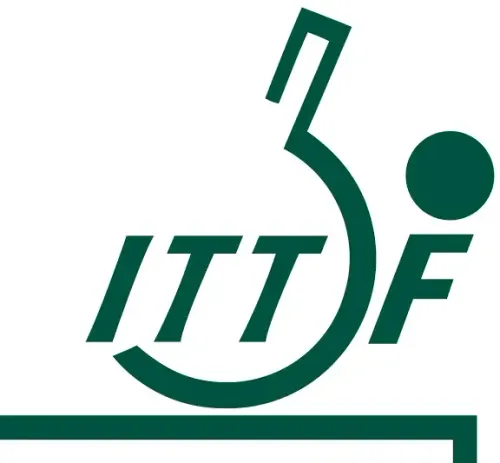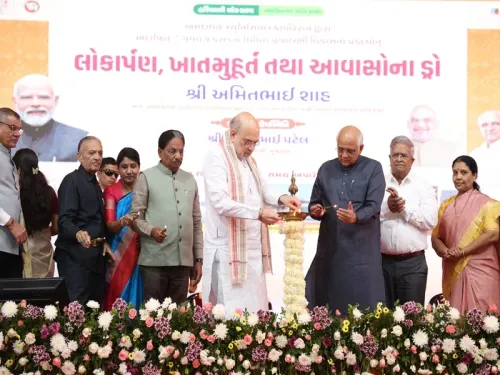Is Pakistan's Relationship with Russia Strengthening?

Synopsis
Key Takeaways
- Historical tensions have evolved into a strategic partnership.
- High-level visits are reshaping diplomatic ties.
- Cooperation spans energy, trade, and military exercises.
- Counter-terrorism is a shared priority for both nations.
- Economic ties are expected to grow, with trade surpassing $1 billion.
New Delhi: Historically, the relationship between Pakistan and Russia was fraught with tension until a pivotal shift in Pakistan's foreign policy was initiated in the early 2000s. This shift aimed to engage with Moscow as part of Islamabad's strategy to diversify its diplomatic relations. Since then, numerous high-level visits have characterized the evolving Russia-Pakistan partnership.
Recently, Pakistan's President Asif Ali Zardari attended an event hosted by the Russian Embassy in Islamabad to commemorate the 80th anniversary of Russia's victory in the Second World War. Notable figures such as Syed Yousuf Raza Gilani, Chairman of the Pakistan Senate and former Prime Minister, were also in attendance. Following this, Gilani traveled to Moscow from May 11-16, where he met with key Russian officials including Valentina I. Matviyenko, Chairperson of the Federation Council, and Vyacheslav V. Volodin, Chairman of the State Duma. His discussions focused on strengthening parliamentary ties, enhancing trade and economic collaboration, and exploring partnerships in critical areas such as energy, regional connectivity, and security.
During his meetings, Gilani engaged with Ruhjann Abezov, the Deputy Mufti of the Grand Mosque, addressing pressing global issues such as radicalism and terrorism. He proposed forming institutional linkages between Pakistan's Islamic Ideological Council and the Grand Mufti's office to foster scholarly exchanges and a shared Muslim identity. The Deputy Grand Mufti highlighted the peaceful coexistence of 2.5 million Muslims in Russia, noting President Putin's commitment to interfaith harmony.
In April, during the 15th Session of the Russia-Pakistan Consultative Group on Strategic Stability, Russian Deputy Foreign Minister Sergei A. Ryabkov remarked that both nations had significantly aligned their positions and were ready to advance cooperation. He emphasized Russia's support for Pakistan's aspirations concerning the Nuclear Supplier Group (NSG).
In October 2024, a delegation from the Federation Council, led by Matviyenko, visited Islamabad, culminating in a Memorandum of Understanding with the Senate of Pakistan. Matviyenko acknowledged the traditionally friendly ties between the two countries and the increasing political cooperation.
Historically, in February 2003, General Pervez Musharraf underscored the importance of enhancing Pakistan-Russia relations. He played a vital role in facilitating Russia's entry as an observer in the Organisation of Islamic Cooperation (OIC). Both nations have faced common challenges, particularly concerning terrorism, with Russia recognizing Pakistan as a pivotal player in regional stability.
Russia contends with various terrorist threats emanating from Pakistan, including Al-Qaeda, Islamic State, and regional groups like the Afghan Taliban and Lashkar-e-Taiba. This necessitates a stable Afghanistan for both countries to safeguard their strategic interests, particularly concerning the Central Asian Region (CAR).
To bolster cooperation, the inaugural Russia-Pakistan strategic dialogue occurred in Moscow in August 2013, focusing on upgrading their political, diplomatic, and defense relations. Notably, in June 2014, Russia lifted an arms embargo against Pakistan, leading to the supply of Mil-Mi 35 M helicopters in August 2017, with plans for further military purchases.
Since 2016, joint military exercises, especially the 'Druzhba' series, have been conducted to enhance counter-terrorism cooperation. The latest, Druzhba VII, took place in Pakistan in October 2024.
In the energy sector, both nations signed a significant agreement in July 2021 for the Pakstream Gas Pipeline Project, aimed at addressing gas shortages in Pakistan's Punjab province. However, progress has faced delays due to various stakeholders' involvement amidst reported US pressure.
Bilateral trade reached over $1 billion in 2024, with Russia expressing interest in enhancing connectivity between Belarus and Pakistan through regional rail projects.
In September 2023, it was reported that Pakistan allegedly sold arms to Ukraine, which could alter its neutral stance in the ongoing conflict, raising concerns about US influence in the region. Despite challenges, Pakistan seeks to engage Russian companies for military equipment maintenance.
Russia remains cautious about its trade relationship with Pakistan, recognizing the complexities of doing business there. Nonetheless, Pakistan views its engagement with Russia as a strategic advantage in defense procurement and regional geopolitics, particularly as it navigates its ties with China and its impact on relations with India.
(The author is a recognized expert on South Asia and Eurasia, formerly associated with the Manohar Parrikar Institute for Defence Studies and Analyses. The views expressed are personal.)










